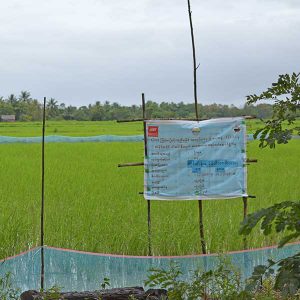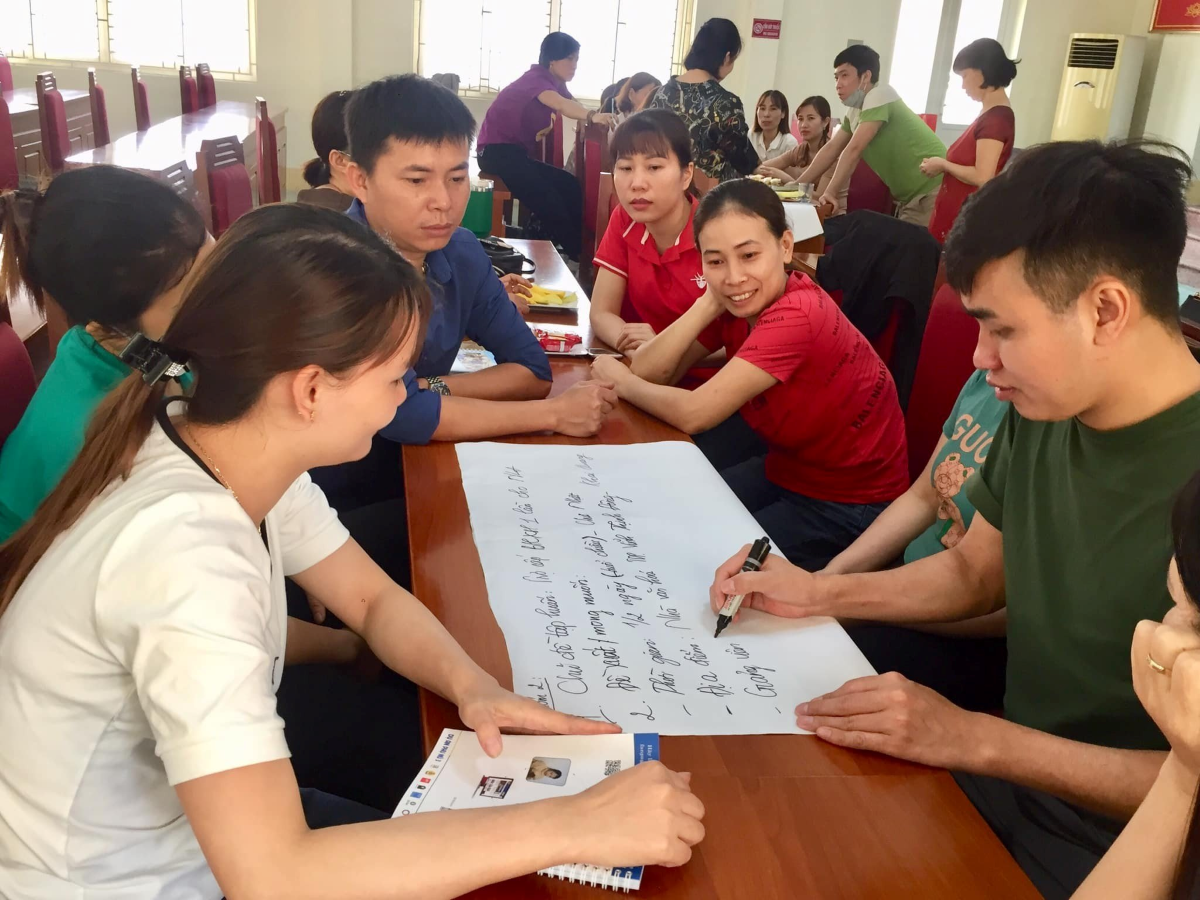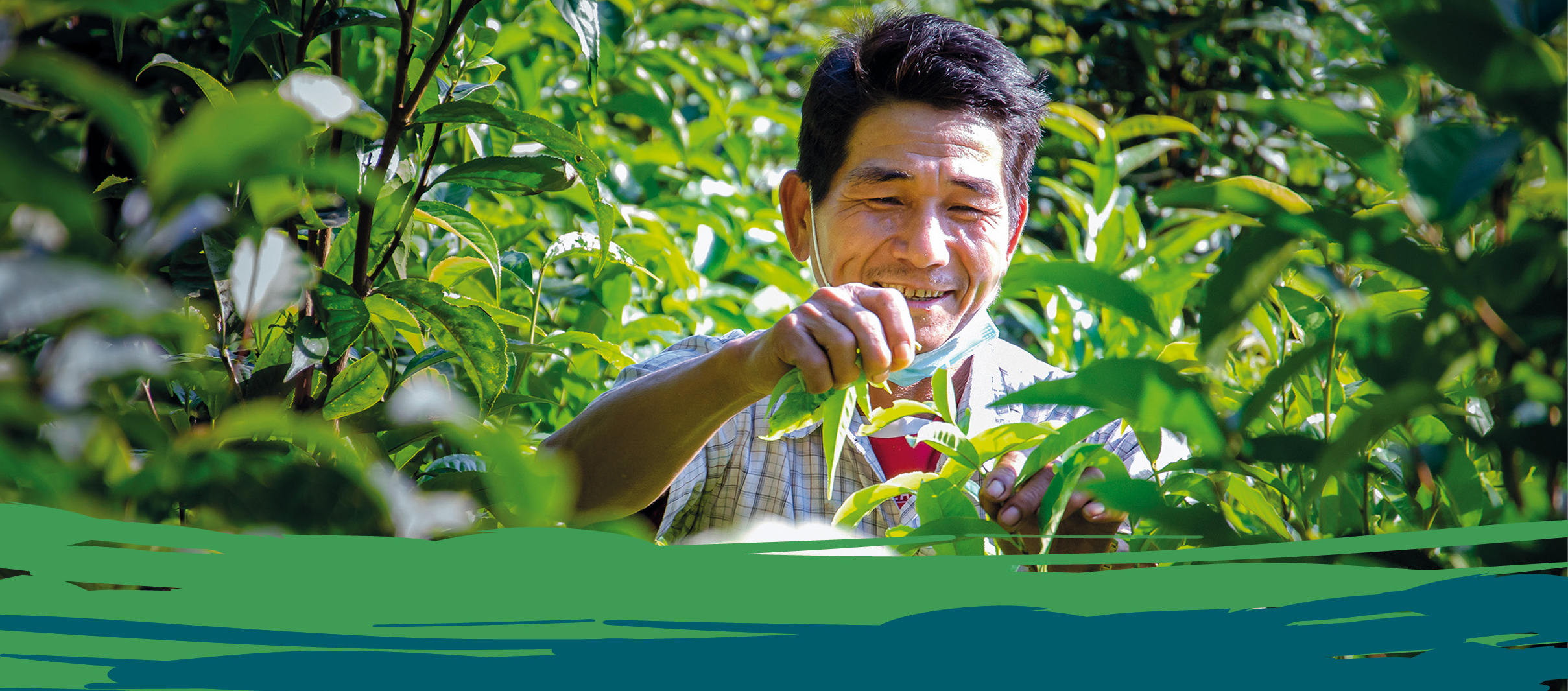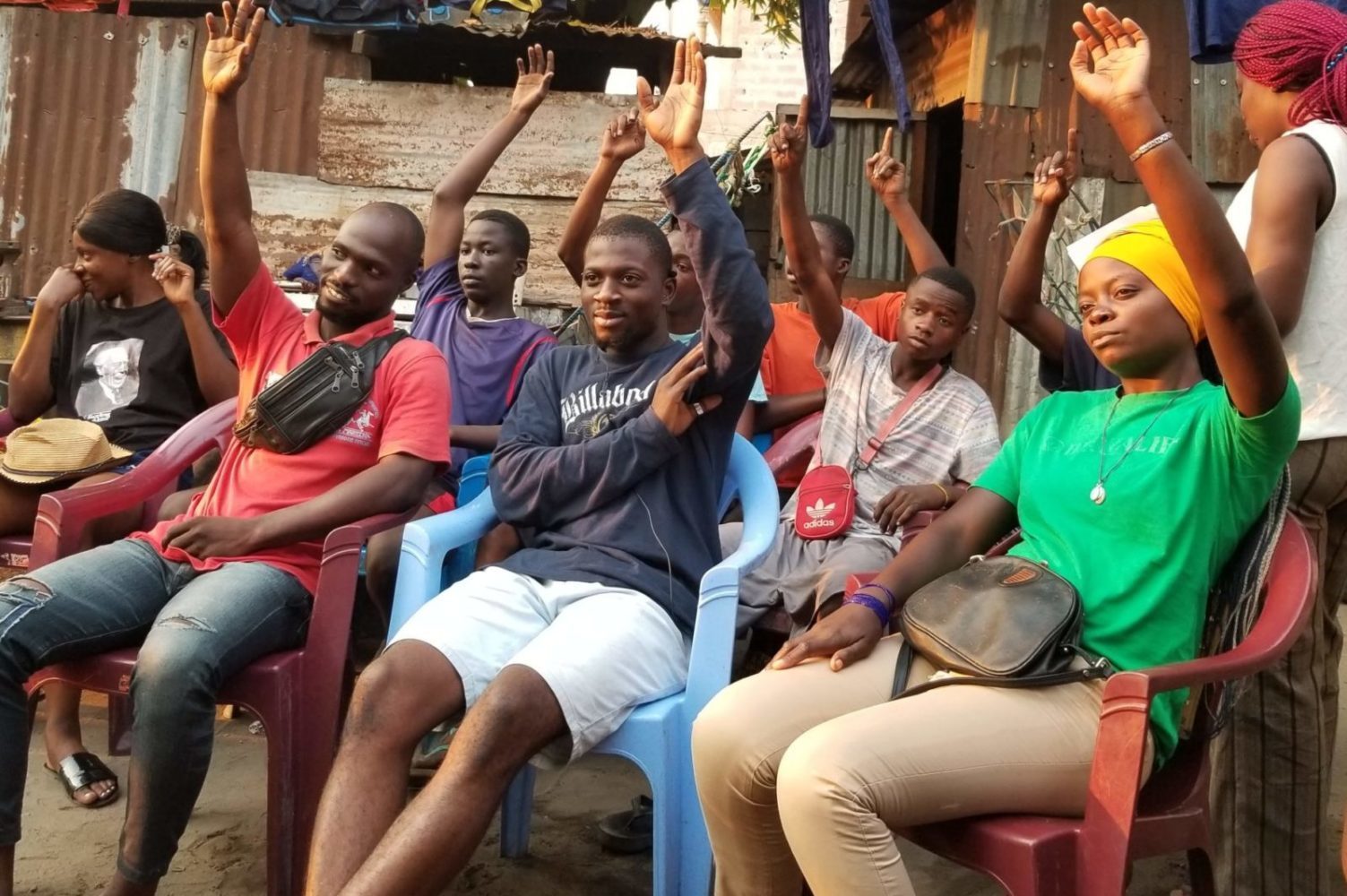Since 2008, following cyclone Nargis, the number of civil society organisations (CSOs) in the Delta region in Myanmar has increased. During the period when humanitarian aid was being provided, the majority of these had the opportunity to work with the United Nations and international non-governmental organisations providing aid to victims. These collaborations encouraged local CSOs to become more structured.
CSOs in Myanmar are trying to respond to the needs of local populations as best as they can using their own resources and methods of intervention. “Civil society organisations can work effectively at village level, because they know how to identify and determine inhabitants’ priorities. Yet they encounter difficulties in terms of populations accepting the transition from humanitarian aid to development assistance, which is less immediate but more sustainable”, says U Myint Soe, chairperson of the Pyapon county Community development association in the Ayeyarwaddy region.
CSOs are so numerous in the Delta that they have not all been identified; the majority are not even registered with the Burmese ministry of the Interior. In these conditions, it is very difficult to know exactly how many CSOs are working in the Delta. Ko Aung Tin San, from Pone Yate Sit, a social development organisation working in Bogale county, tells us: “Registration of CSOs with the ministry of the Interior generates numerous advantages. Our organisation is registered and we were able to meet the regional government and deputies. Now we can raise certain questions concerning local populations and ensure controls and checks are conducted with certain ministries. This is a real advantage.”
In order to strengthen CSOs in the Delta, GRET created a grants fund in eight municipalities in the Ayeyarwaddy region: Pathein, Labutta, Bogalay, Mawlamyinegyun, Dedaye, Kyaiklatt, Pyapon and Pantanaw. “Thanks to our evaluation, we made contact with 102 CSOs in the area where the project is being implemented. Among these, 69 were eligible and benefitted from small grants”, says Daw Moe Moe Khine, the main coordinator of the GRET fund.
This project, made possible thanks to financial support from Lift, contributes to strengthening the capacities of local CSOs thanks to a special funding window made up of small grants to improve income, resilience and influence over policies in favour of the poor. The main objectives are to set up a sustainable funding system in the Delta and support the implementation of a network to facilitate sharing of knowledge and collaborations between CSOs.






